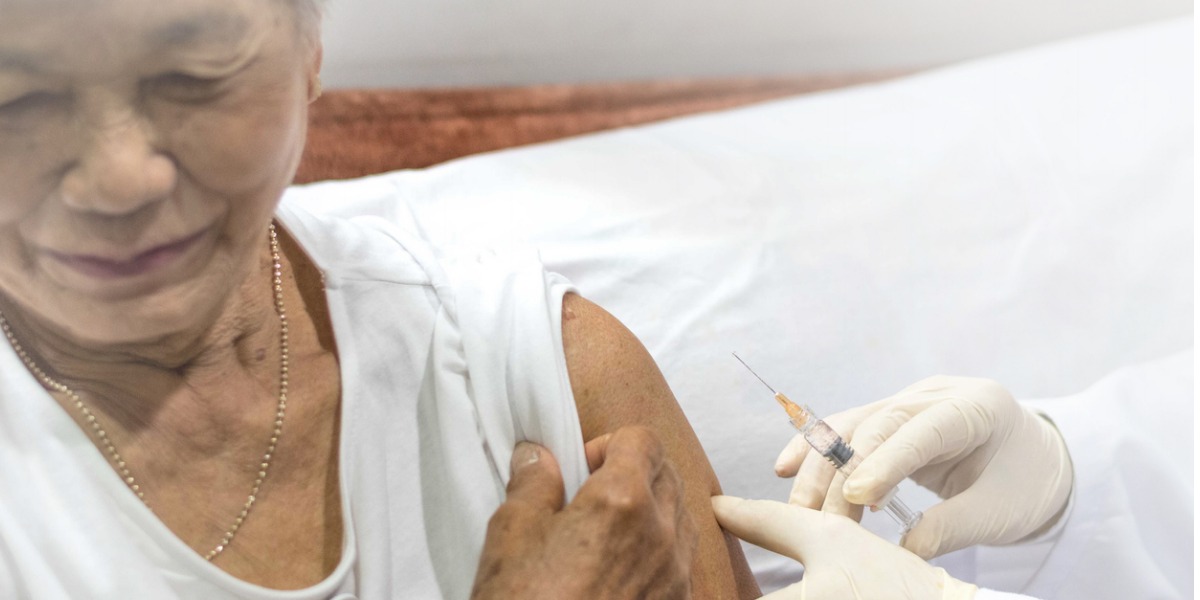
With outbreaks reported across the country, measles is on the minds of many families in San Gabriel. Along with vaccinating their children for this dangerous disease, some parents wonder how it might affect senior family members too.
Since the start of 2019, the Centers for Disease Control and Prevention has recorded 880 confirmed cases of measles across 24 states. The risk of this disease spreading is great, and up to 90% of people who are not immune and have contact with a measles patient will become infected. This is why vaccinating is so important.
While most families recognize the importance of vaccinating their children, some also consider the risks of their senior loved ones contracting measles. This is especially true when a senior lives in a household with small children or has a health condition that leaves their immune system compromised.
Can Seniors Get the Measles?
According to the CDC, people born before 1957 were likely exposed to measles in childhood as the disease was very prevalent at that time. As a result, they have likely developed natural immunity to the disease, and their risk of contracting measles is low. However, a senior born in another country, someone who was never exposed to measles or a person born in 1957 or later and without a medical contradiction that would make vaccinating unsafe may be at risk and should receive at least one dose of the MMR vaccination. If your doctor recommends the vaccination, Medicare and most insurance companies will typically cover it. If you are not sure about a senior’s immunity to measles, a simple blood test can be performed in their doctor’s office to determine if the MMR vaccination is necessary.
Why is Preventing Measles Important for Seniors?
Seniors are encouraged to do all they can to prevent measles and other childhood diseases because contracting these diseases can prove dangerous or even life-threatening for them.
Symptoms of measles include a high fever, runny nose, sore throat, muscle and body aches, small red lesions with blue-white centers on the tongue and in the mouth and later, a red, blotchy rash that starts at the hairline and moves down and out, across the body.
It is estimated that three out of ten people who contract measles will develop pneumonia or other serious complications. A senior with a frail immune system can easily find themselves hospitalized even from the earlier symptoms of the disease. Even when measles does not prove life-threatening, the recovery can be challenging and may compromise their ability to live independently.
Measles Prevention Tips for Family Caregivers
While measles is typically considered a childhood disease, it is important to recognize the risk that it can pose to seniors. However, even with the recent outbreaks, there is no reason to panic. Learn all you can about measles and the signs and symptoms of the disease as well as disease prevention.
If you have access to them, browse through your loved one’s childhood medical records to see if they have natural immunity or were vaccinated. Discuss any concerns with their doctor and ask about testing for measles immunity or re-vaccinating.
Also, consider the value of healthy lifestyle practices in keeping your loved one’s immune system strong – eat a healthy diet, get enough sleep, exercise regularly and stay mentally active too. This in combination with regular well visits to a doctor and keeping up to date on any necessary vaccinations is the best way to keep your loved one health, strong, independent and safe from measles.
There is no ads to display, Please add some

